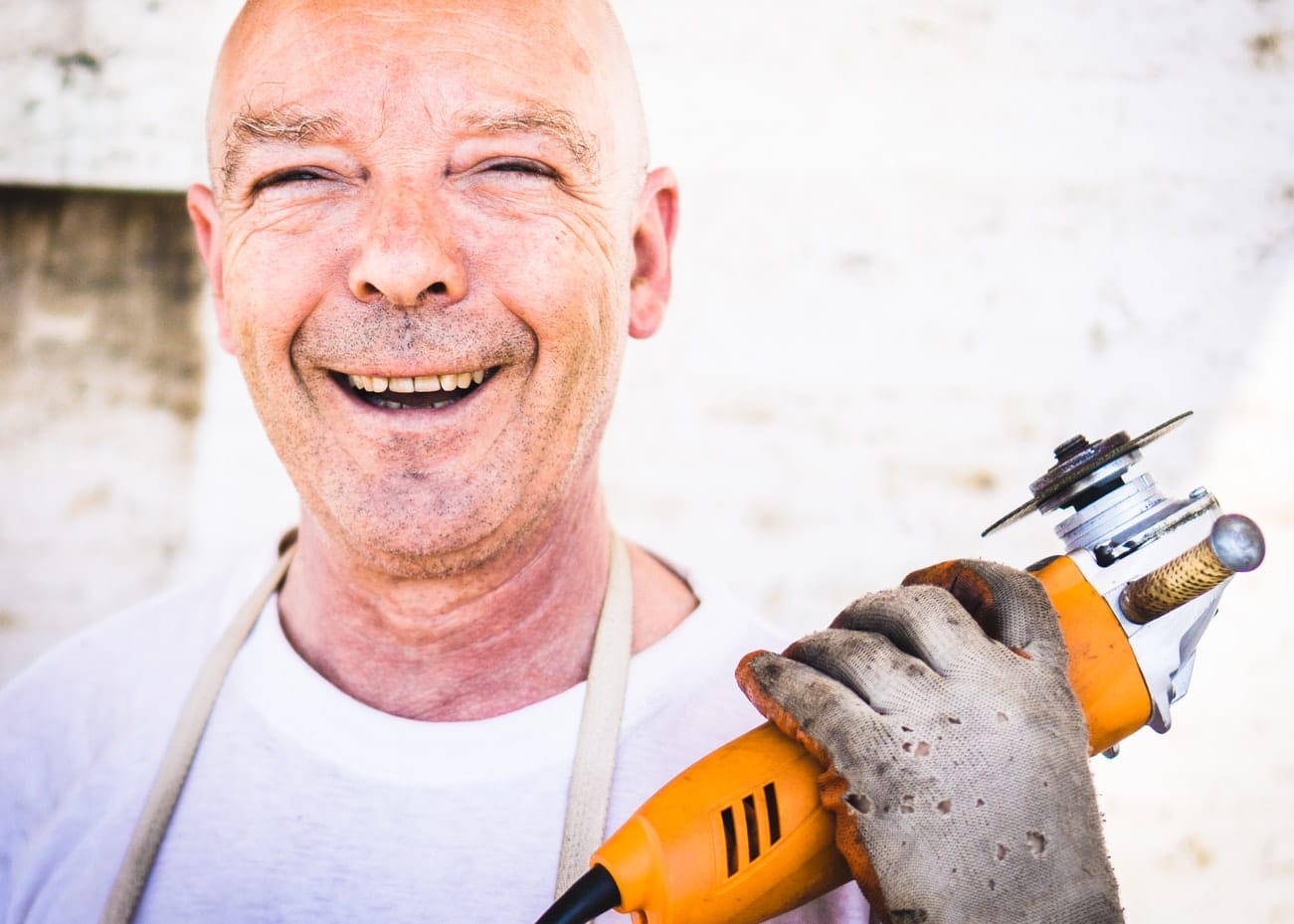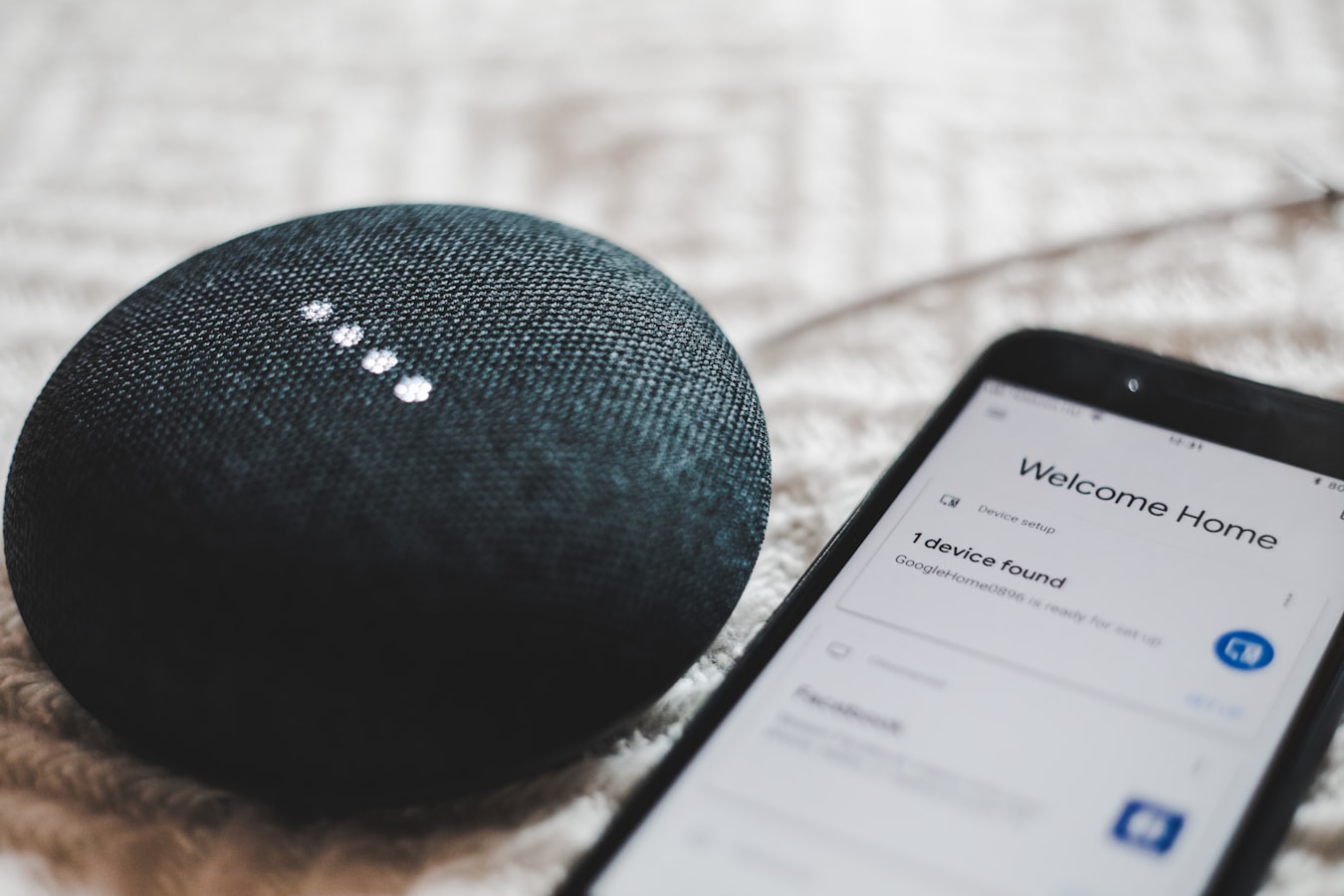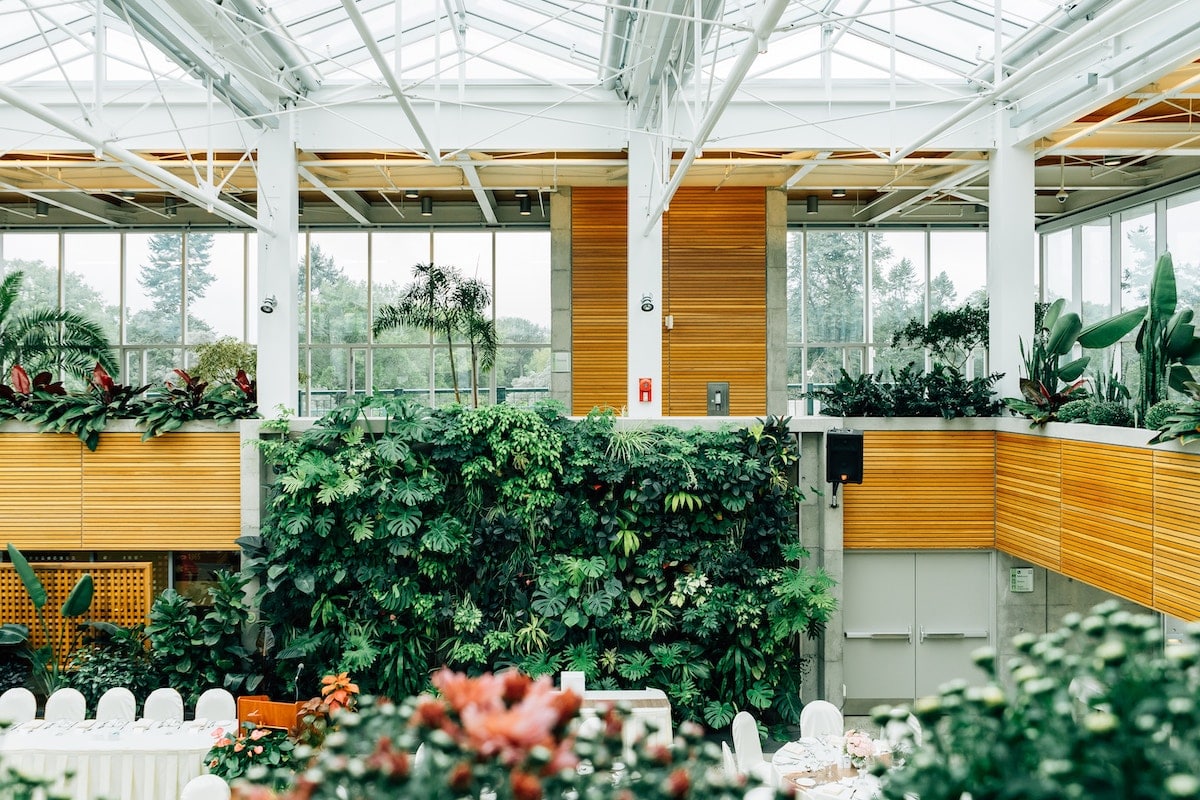
Weekend Projects to Make Your Home Energy Efficient and Healthier

While we often associate going green with expensive and not always convenient life changes like zero-emission homes, backyard wind and solar farms, and self-contained organic food gardens, there are also much less expensive projects you can finish over a weekend, which still significantly reduce your home’s carbon footprint. Here’s a list of the most efficient projects that increase your home’s sustainability and don’t require extensive preparation.
Consider low-flow fixtures
Sustainability is a word often used in relation to energy conservation. However, being eco-friendly calls for a holistic approach that includes saving water, as well. Start by fixing any leaks you find, and even consider hiring a plumber for an in-depth inspection of your pipes, as sometimes leaks can’t be discovered until bigger damage is made. When you’re sure your plumbing is tight, replace the existing water fixtures with low-flow ones. Standards vary between countries, but for example in Australia, a shower head with a four-star WELS (Water Efficiency Labelling and Standards) certificate has a flow rate of 6l/min, while standard non-regulated showerheads run at 15l/min. In the same way, you can maximize water savings by using low-flow taps and low-flush toilets.

Install a smart meter
In an average home, a lions’ share of the energy bill goes to heating. Especially in winter months, it’s too easy to forget about the thermostat and leave the heating on for longer than you need. A minute here and a minute there, and you end up with loads of wasted energy and wasted money. The best way to prevent this is to have a smart meter installed. These gadgets can be programmed to turn on at certain times of day, for example 15 minutes before you arrive home, and turn off when you go to sleep. For anyone looking to decrease the energy impact of their home, a smart meter is not an option, but a necessity.

Upgrade the windows
Energy-efficient windows are being increasingly fitted to both new and existing homes. If we know heat gain and heat loss through windows go up to 30%, just think how much you can save by choosing double glazed windows custom made to your home’s specifications. The material of choice for double glazed window frames is aluminum. It’s strong, light, weatherproof, and requires little to no maintenance over the years with unchanged properties. These windows also have great soundproofing properties which additionally improves the quality of life, while their thermal resistance makes them ideal for areas prone to bushfires.

Replace bulbs with LEDs
After heating, you should look into your home’s lighting, as the second biggest energy-wasting culprit. Although incandescent light bulbs have been phased out in many countries, in favor of more economical CFLs (compact fluorescent lights), you can skip a step and go straight to LED bulbs. Not only do they last much longer, but they use between 70 and 90 percent less power than traditional bulbs, and unlike CFLs, they don’t contain hazardous mercury vapors, so they can be disposed of more easily. With so many great qualities, it’s surprising why more people don’t make the switch, especially since the price of LEDs is much lower nowadays.

Choose no-VOC paint
Looking to paint a room or the whole apartment over the weekend? Keep in mind, most commercially available paints contain VOCs (volatile organic compounds) as solvents to help the paint spread evenly. Responsible for the tell-tale smell of a freshly painted home, as the paint dries, VOCs combine with other molecules in the air and create compounds which can cause headaches, or respiratory irritations unless you ventilate the room while painting. However, even when the odor goes away, the paint continues to gas off for a few years. When shopping for paints always look for a zero VOC label. Luckily, more and more brands are becoming environmentally aware and are now offering zero VOC products.

Until politicians and lawmakers decide what to do with the giant island of plastic floating in the Pacific, and whether greenhouse gases contribute to global warming, there’s a lot each one of us can do for the planet and our health from the comfort of our home. While the golden age of solar panels is yet to come, we can reduce the impact of our living by simpler and smaller projects like those listed here.



Post a comment